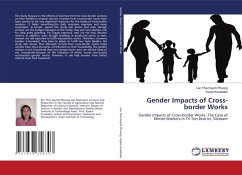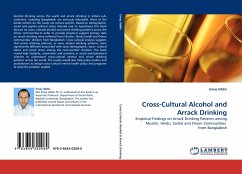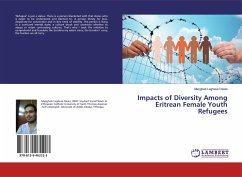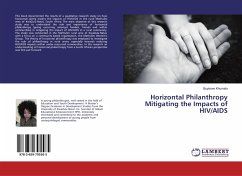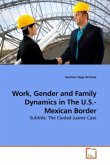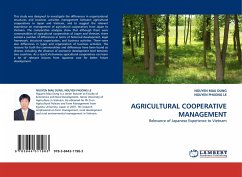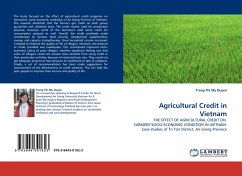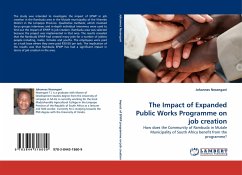The study focuses on the effects of incomes from the cross-border workers on their families in original country. Incomes from cross-border works have been proven to be very important resources for the family of cross-border workers. It helps smoothing the daily necessary expenses and eases investment in human capital. The study also shows that even though women are the budget managers in the family, they just have decisive role for daily petty spending. For bigger expenses, men are the final decision makers. In addition, even though involving in productive works as men, women are still expected to fulfill reproductive works. Therefore, women's burden is increased; they have to adjust to fulfill two tasks. Besides, the study also shows that although income from cross-border works helps women have more economic contribution to their households, the gender relation in the household does not change much; men are still the head of the households because of the influence of ethnic norms and socially constructed gender norms. However, it can help women have better attitute from their husbands.
Bitte wählen Sie Ihr Anliegen aus.
Rechnungen
Retourenschein anfordern
Bestellstatus
Storno

